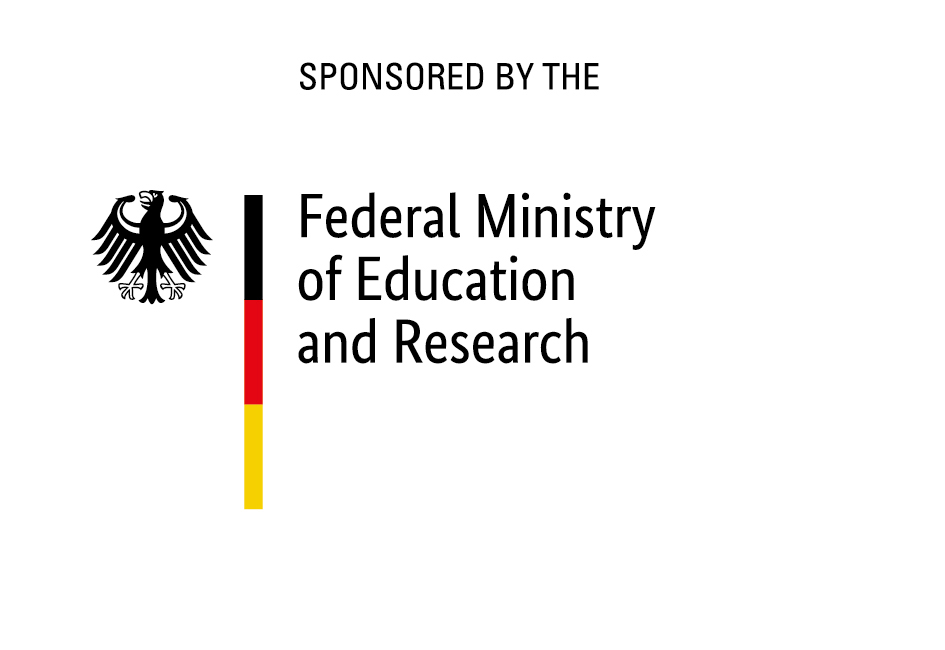BiodiWert II: Concepts for the restoration of species-rich grassland in Germany (Grassworks-2) - Production and Institutional Economics

Project background
Species-rich grasslands are among the most severely threatened ecosystems worldwide, but generate a diversity of ecosystem functions and ecosystem services. In Europe, the main threats to grassland ecosystems are conversion to arable land, intensification and land abandonment, the (over-)use of fertilizers and pesticides, climate change, and invasive species. Since the 1950s, between 15 and 85% of species-rich grasslands have been lost in different regions of Germany. To date, the ecosystem functions and services provided by grasslands remain poorly appreciated by the general public.
Content/Objectives of the Joint Project
The joint project Grassworks-2 pursues an agenda of “social-ecological restoration”, thereby recognising the interdependence of ecological and social phenomena. Grassworks-2 combines two central research strategies: (i) integrated, social-ecological post-hoc assessments of existing grassland restoration sites, coupled with (ii) transdisciplinary living laboratories, where societal transformation is fostered via science-society interactions as restoration takes place. Grassworks-2 thus uses a social-ecological systems approach that recognises intimate links between people and nature in order to identify pathways for sustainable resource use. The overarching goal is to uncover which ecological and social factors underpin grassland restoration success. The approach is interdisciplinary and transdisciplinary, bridging multiple academic disciplines, the science-policy-interface as well as including diverse non-research stakeholders. Communication among all actors involved in grassland restoration will be central throughout Grassworks-2.
Improving grassland restoration requires both detailed ecological studies as well as a deep understanding of the social and governance context in which restoration takes place. Grassworks-2 will address these requirements by focusing on species-rich, multifunctional grasslands within socially diverse cultural landscapes, as well as on the ecological and social contexts they are embedded in. Building on an in-depth social-ecological understanding, including possible trade-offs and synergies, the project team will derive concrete scenarios and recommendations for the future. Because the work takes place in multiple regions, these insights will be generally applicable, but can also be adjusted to regional contexts.
Content/Objectives of the Project “Production and Institutional Economics “
Restoration governance exhibits aspects of market, network and hierarchical governance systems, and captures all rules and structures that are relevant when carrying out restoration. Governance structures, in particular, are tightly linked to the financing of restoration. The project seeks to shed light on policy and economic aspects of grassland restoration – drawing out existing deficits and highlighting opportunities for future improvements across a range of scales.
Specifically, four tasks are addressed in the project:
- Literature review on the production economics of grassland restoration
- Analysis of restoration policy instruments and governance
- Analysis of implementation and financial deficits
- Developing recommendations for policy and nature conservation.
Title:
BiodiWert II: Concepts for the restoration of species-rich grassland in Germany (Grassworks-2) - Production and Institutional Economics
Funded by:
German Ministry for Education and Research (BMBF), Funding Code: 16LW0097
Duration:
01.11.2021 to 31.10.2024
Joint project lead:
- Leuphana University Lueneburg (Prof. Dr. Vicky Temperton)
- Anhalt University (Prof. Dr. Anita Kirmer)
Project management at the University of Greifswald:
Project leader:
Prof. Volker Beckmann
Project implementation:
Dr. Regina Neudert, Dr. Michael Rühs
Collaborating partners:
- Leuphana University Lueneburg
- Prof. Dr. Jörn Fischer
- Prof Dr. Berta Martin-Lopez
- Prof. Dr. Jaqueline Loos
- Dr. Maraja Riechers
- Anhalt University
- Prof. Dr. Sabine Tischew
- Technical University Munich
- Prof. Dr. Johannes Kollmann
- Prof. Dr. Johannes Sauer
- Thünen Institute for Biodiversity, Braunschweig
- PD Dr. Jan Thiele
- Dr. Petra Diecker
- German Association for Landscape Management
- Dr. Jürgen Metzner
Web page:

